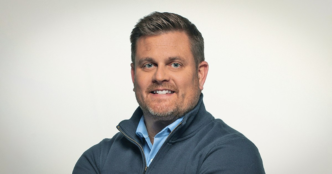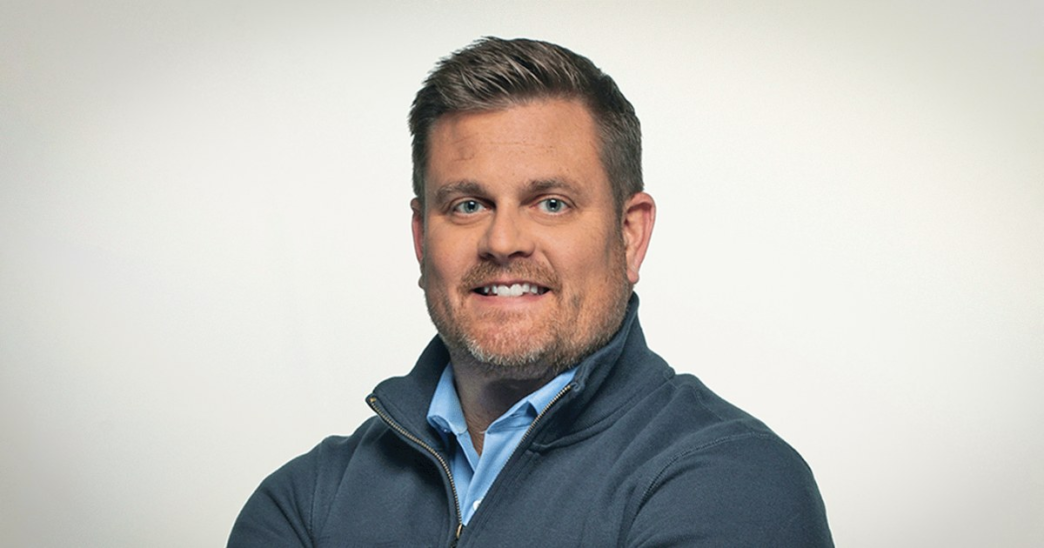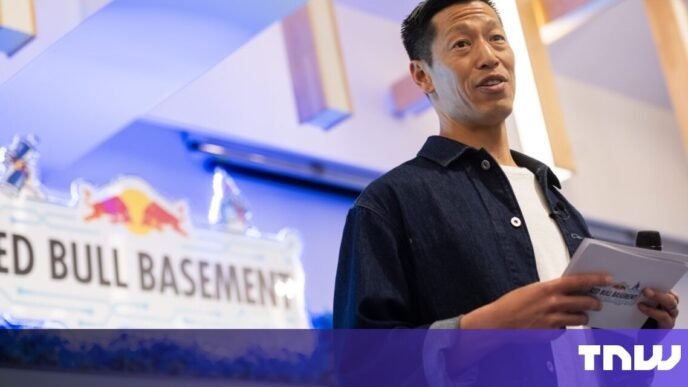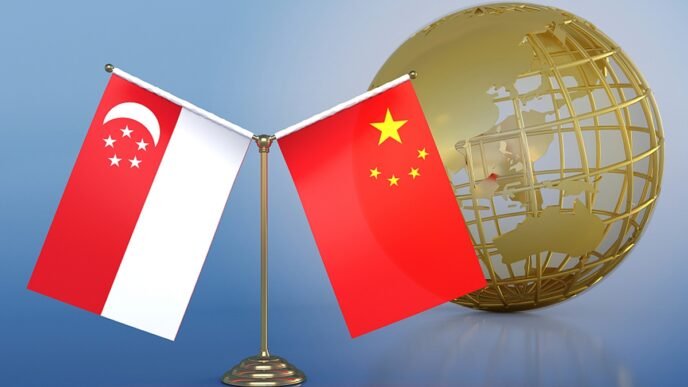In a New York Times op-ed published Friday morning, UnitedHealth Group’s CEO addressed boiling frustrations, threats and vitriol aimed at healthcare insurers conceding, “We know the health system does not work as well as it should,” but said slain executive Brian Thompson was one of the people trying to make the fraught American healthcare system better.
Andrew Witty, the head of UnitedHealth Group, the parent company of United Healthcare, said he understands “people’s frustrations” with the system.
“No one would design a system like the one we have. And no one did. It’s a patchwork built over decades. Our mission is to help make it work better,” he wrote in his op-ed entitled “The Health Care System Is Flawed. Let’s Fix It.”
Witty described Thompson, the CEO of UnitedHealthcare, as a champion of that mission.
“As Brian Thompson’s family, friends and colleagues mourn his killing, we are bearing a grief and sadness we will carry for the rest of our lives. Grief for the family he leaves behind. And grief for a brilliant, kind man who was working to make healthcare better for everyone,” Witty wrote.
The piece was published one week after Thompson was shot in Midtown Manhattan as he was on his way to speak at a conference the morning of Dec. 4, in what police described as a targeted, ambush killing.
Suspect Luigi Mangione, 26, was arrested five days later in Altoona, Pennsylvania, and charged in connection with the slaying. Mangione had suffered a painful “life-altering injury” to his back, and had griped over corporate America and the healthcare system, according to his writings and social media presence.
UnitedHealthcare said that Mangione was not insured by the company, but New York Police Chief of Detectives Joseph Kenny said Mangione may have targeted Thompson because it’s one of the largest healthcare insurers.
Mangione remains detained in Pennsylvania and is fighting extradition to New York. An attorney for Mangione said he intends to plead not guilty to all charges.
Witty described Thompson as an Iowa native, who worked farm jobs as a kid, was raised in the same farmhouse as his mother and whose father spent more than 40 years unloading trucks at grain elevators.
“He never forgot where he came from, because it was the needs of people who live in places like Jewell, Iowa, that he considered first in finding ways to improve care,” Witty wrote.
When colleagues proposed new ideas to Thompson, he’d ask them — “Would you want this for your own family?”
“If not, end of discussion,” Witty recalled.
He said the company is struggling to “make sense of this unconscionable act” as well as “the vitriol that has been directed at our colleagues who have been barraged by threats.”
“No employees — be they the people who answer customer calls or nurses who visit patients in their homes — should have to fear for their and their loved ones’ safety.”
He stressed the company’s mission is to improve healthcare, but acknowledged that the system is “complicated” and insurers “share some responsibility for that.” Witty cited a need to improve how insurance coverage is explained, and how decisions are made.
“While the health system is not perfect, every corner of it is filled with people who try to do their best for those they serve,” he wrote. “Brian was one of those people.”
He said Thompson “pushed us to build dedicated teams to help the sickest people navigate the health system.”
“It’s why he fought for preventive health and quality health outcomes rather than simply adding ever more tests and procedures. He believed decisions about healthcare should start with the individual and championed plans in which consumers could see costs and coverage options upfront, so they could decide what’s best for themselves and their families,” Witty explained.
The CEO said Thompson advocated for ideas to make healthcare more affordable, transparent and compassionate.
“That’s Brian’s legacy, one that we will carry forward by continuing our work to make the health system work better for everyone,” Witty concluded.
Thompson’s slaying has had a domino effect of sorts, as it ignited fury and scrutiny over the country’s healthcare system and corporate greed.
Business executives, health insurance industry employees and law enforcement officers have reported facing threats and harassment following his death.
Social media posts Wednesday showed images of “wanted” posters put up in Manhattan that featured photos of the CEOs of at least two health insurance companies. The posters accuse the executives of “denying medical care for corporate profit.”
The posters, many of which have been taken down, included the terms “Deny,” “Defend,” “Depose” — words associated with the bullet shell casings found at the crime scene. The words have also been used on merchandise sold online glorifying the killing.
Rebecca Weiner, the New York Police Department’s deputy commissioner for intelligence and counterterrorism, said Wednesday that in some online instances the suspect has been hailed as a hero.
She said the slaying resembles a domestic terrorist attack and threatens to set off a “contagion.”
Shares of UnitedHealth Group and other major health insurers are down since Thompson was killed last week, but they still remain valued at tens of billions of dollars, according to CNBC. UnitedHealth is by far the biggest, with a share price of about $521 Friday and a market capitalization of around $480 billion.












